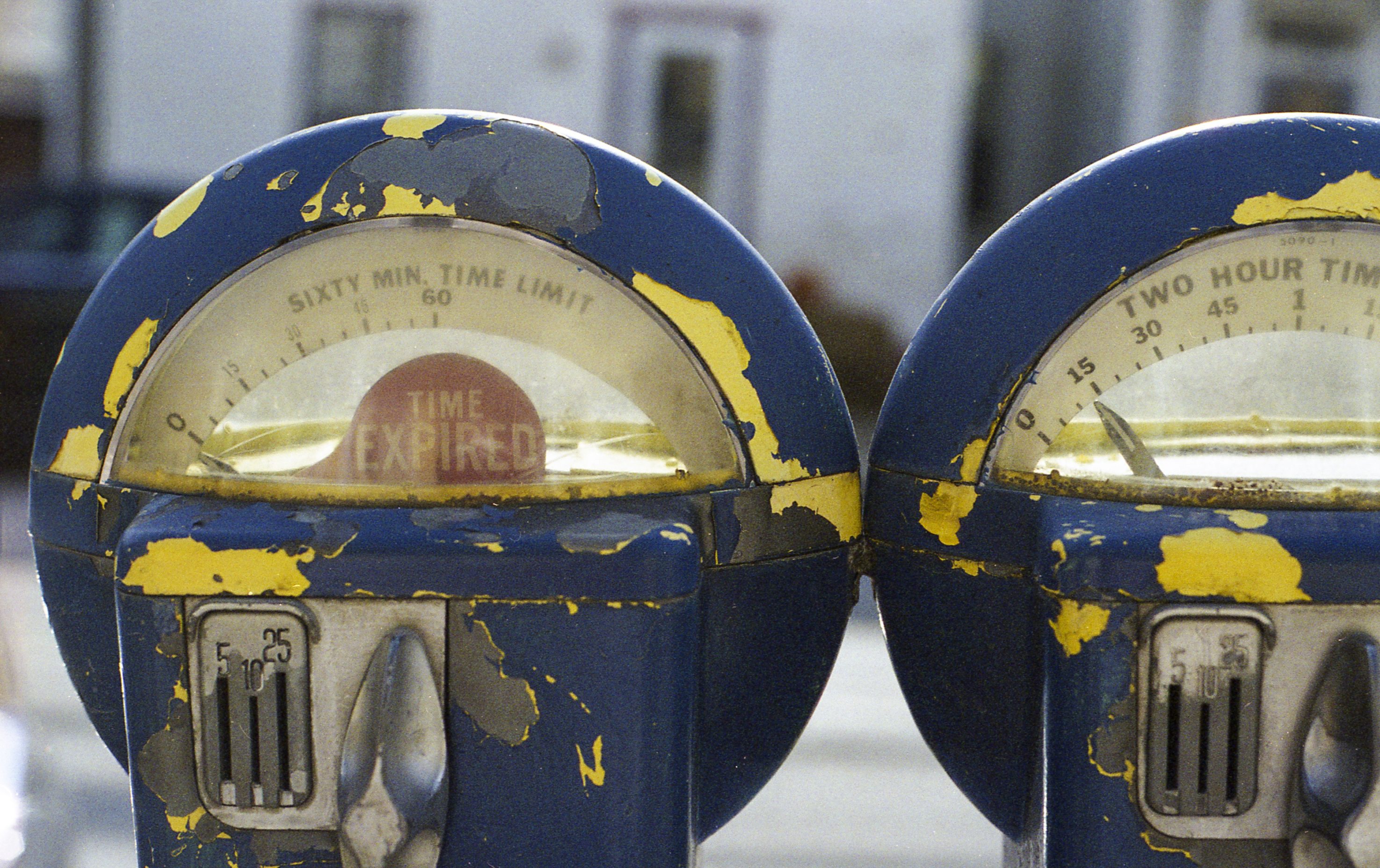STEPS IN A CRIMINAL CASE
Arrest or summons
There are many steps in the criminal case process. The filing of an application for criminal complaint is what starts the entire process. An application for criminal complaint is usually filed by a law enforcement officer. It can also be filed by a private citizen claiming to be the victim of a criminal act.
If you are arrested, then the arresting officer is likely going to be the person applying for the criminal complaint. The officer will file the application in the criminal clerk’s office. This occurs in the court having jurisdiction over the city or town where the alleged offense was committed.
If someone is accusing you of a crime but they do not immediately report the incident, then it is possible that you will not be immediately arrested. This is usually the situation when someone walks in to their local police station to file a police report. After filing the report, you will eventually receive a summons in the mail. The summons will order you to appear in court for a hearing in front of a clerk magistrate.
The purpose of the “clerk’s hearing” is to determine whether there is probable cause to believe the allegations made against you by your accuser. This is also referred to as a “magistrate’s hearing” or “show cause hearing”. The clerk will hear from both sides before making a determination.
If probable cause is found, then you will receive an order to appear on a later date for arraignment. If probable cause is not found, then the clerk will deny the application. Regardless of what happens at the clerk’s hearing, it still will not appear on your criminal record at this point.
For more information about a clerk’s hearing click here.
Arraignment
After an arrest, how quickly you appear in court for your arraignment will depend on the day and time of your arrest. If you are placed under arrest in the afternoon, you will likely appear in court the following morning. If the court is not open because it is a weekend or holiday, then you will appear in court on the next business day. Depending on the charges, the police may allow you to post bail at the police station after booking.
If this is your first time appearing in court, it is important to know that you will not have a criminal record until you are formally charged (“arraigned”). The arraignment results in an entry on your Board of Probation record. Appearing at your arraignment with an attorney will always . Our firm has successfully helped many of our clients avoid a criminal record. We will take the time to evaluate each of the many aspects of your case to ensure that we explore every viable option.
Pretrial Hearing
Usually, the prosecution provides you and your attorney with some evidence at the first pretrial hearing. It is not unusual to have multiple pretrial hearings. This is most often the case when you are dealing with a more complex case involving lots of evidence.
There are different types of pretrial hearings. If your attorney files a motion (such as a motion to suppress evidence or a motion to dismiss one or more charges) then a judge will rule on the motion at, or sometime after, a hearing prior to the day of trial.
Trial
There are many situations where the only way to resolve your case, and clear your name, is by taking your case to trial. While it can often feel like you have little control over your fate, the decision to go to trial is entirely yours. As a result, you have the power to force the government to prove that you are guilty beyond a reasonable doubt.
A trial can take place before a jury (“jury trial”) or a judge (“bench trial”). In District Court, your jury will consist of 6 deliberating jurors, and 1 or 2 alternate jurors. This is not the case if you have been indicted and your trial is taking place in Superior Court. In Superior Court your jury will consist of 12 jurors and a some alternate jurors.
The trial date is when the prosecution must finally prove its case against you. If the prosecution is not ready for trial, the judge will either order a dismissal of the case or schedule it for trial on a later date. A judge considers many factors in deciding whether to order a dismissal or allow the prosecution to reschedule the trial. At minimum, the judge will usually consider how old the case is and the reason(s) for the prosecutions failure to be ready.
Once you go to trial, there are generally two ways it will end. You will either be found guilty, or not guilty. If you are found guilty, the next step is for the judge to sentence you. If you are found not guilty (or “acquitted”), then you will immediately be discharged from the jurisdiction of the court.
Putting your life in the hands of a jury can be a difficult leap to take, oftentimes making a “plea deal” look like the better, safer option. This is why our firm commits itself to frequent collaboration with our clients, and diligent preparation for trial.







